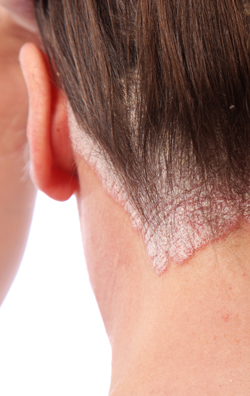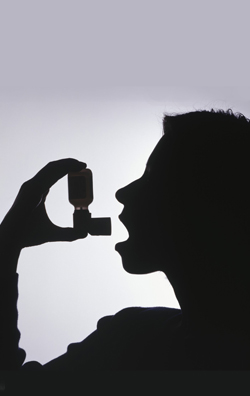
Paul Zimmet, a researcher from Monash University in Melbourne, Australia, is one of the number of researchers who believe that COVID may be triggering diabetes in the infected person.Diabetes is dynamite if you get COVID 19”, said Paul Zimmer in his latest interview with Nature. It has been observed that in people with type 1 diabetes, the body's immune cells suddenly start destroying β-cells which are responsible for producing the hormone insulin — in the pancreas.
These findings are based on a hunch, suggested after observing a handful of people who developed diabetes after being infected from COVID 19. Few other evidences were also collected from dozens of more people with COVID-19 who have arrived in hospital with extremely high levels of blood sugar and ketones, which are produced from fatty deposits in the liver. Ketones are an alternative source of fuel, which our body uses when it doesn't make enough insulin to break down sugar.
Zimmet mentioned that to chase a hypothesis, sometimes, they have to start with little evidence. It has been found that various viruses, including the one that causes severe acute respiratory syndrome (SARS), have been linked with autoimmune conditions such as type 1 diabetes. And many organs involved in controlling blood sugar are rich in protein called ACE2, which SARS-CoV-2 uses to infect cells. The latest clue comes from an experimental study in miniature lab-grown pancreases published last week suggests that the virus might trigger diabetes by damaging the cells that control blood sugar. An international group of scientists earlier this month, including Zimmet, established a global database to collect information on people with COVID-19 and high blood sugar levels. They do not have a history of diabetes or problems controlling their blood sugar.
A study of pancreatic organoids is also underway at Weill Cornell Medicine in New York City by Shuibing Chen, a stem-cell biologist and her colleagues that showed that the virus can infect the organoid's α- and β-cells, some of which then die. While the β-cells produce insulin to decrease blood-sugar levels, α-cells produce the hormone glucagon, which increases blood sugar. According to the study published in Cell Stem Cell on 19 June, the virus was also found to induce the production of proteins known as chemokines and cytokines, which can trigger an immune response that might even kill the cells.
Researchers suggest that there might be many things that might be going on, but only long-term studies could provide more information on what exactly is going on.
Paul Zimmet, a researcher from Monash University in Melbourne, Australia, is one of the number of researchers who believe that COVID may be triggering diabetes in the infected person. Diabetes is dynamite if you get COVID 19, said Paul Zimmer in his latest interview with Nature. It has been observed that in people with type 1 diabetes, the body’s immune cells suddenly start destroying β-cells which are responsible for producing the hormone insulin — in the pancreas.
These findings are based on a hunch, suggested after observing a handful of people who developed diabetes after being infected from COVID 19. Few other evidences were also collected from dozens of more people with COVID-19 who have arrived in hospital with extremely high levels of blood sugar and ketones, which are produced from fatty deposits in the liver. Ketones are an alternative source of fuel, which our body uses when it doesn’t make enough insulin to break down sugar.
Zimmet mentioned that to chase a hypothesis, sometimes, they have to start with little evidence. It has been found that various viruses, including the one that causes severe acute respiratory syndrome (SARS), have been linked with autoimmune conditions such as type 1 diabetes. And many organs involved in controlling blood sugar are rich in protein called ACE2, which SARS-CoV-2 uses to infect cells. The latest clue comes from an experimental study in miniature lab-grown pancreases published last week suggests that the virus might trigger diabetes by damaging the cells that control blood sugar. An international group of scientists earlier this month, including Zimmet, established a global database to collect information on people with COVID-19 and high blood sugar levels. They do not have a history of diabetes or problems controlling their blood sugar
A study of pancreatic organoids is also underway at Weill Cornell Medicine in New York City by Shuibing Chen, a stem-cell biologist and her colleagues that showed that the virus can infect the organoid’s α- and β-cells, some of which then die. While the β-cells produce insulin to decrease blood-sugar levels, α-cells produce the hormone glucagon, which increases blood sugar. According to the study published in Cell Stem Cell on 19 June, the virus was also found to induce the production of proteins known as chemokines and cytokines, which can trigger an immune response that might even kill the cells.
Researchers suggest that there might be many things that might be going on, but only long-term studies could provide more information on what exactly is going on.





